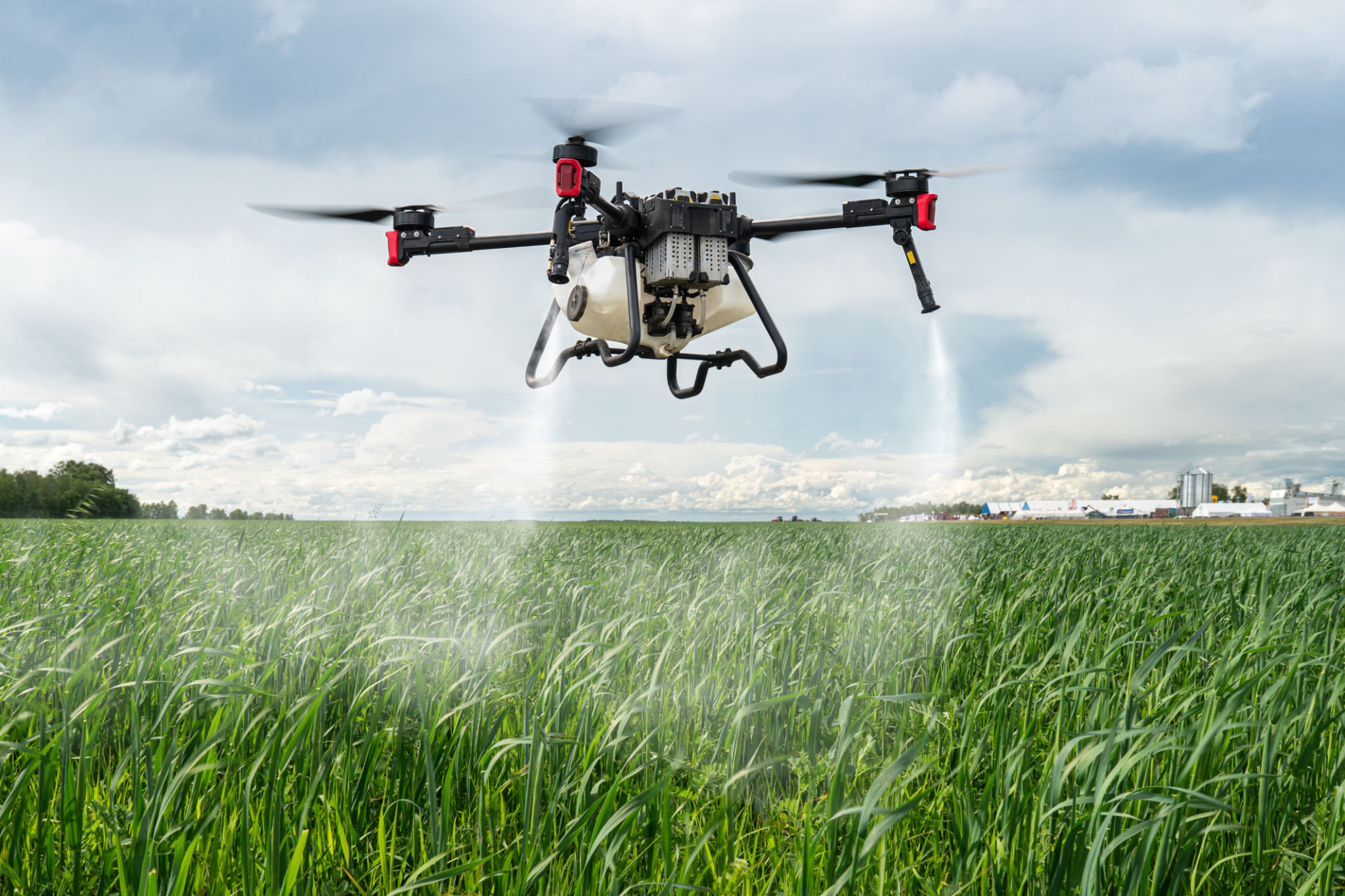AI in Pest Control: How Technology is Revolutionizing the Industry
Introduction to AI in Pest Control
The pest control industry is experiencing a technological transformation, thanks to the integration of Artificial Intelligence (AI). Traditionally reliant on manual methods and chemical solutions, pest control is now embracing cutting-edge technology to enhance efficiency and accuracy. AI is not just changing how pests are managed but is also paving the way for more sustainable and eco-friendly practices.

The Role of AI in Pest Detection
One of the most significant contributions of AI in pest control is in the area of detection. AI-powered sensors and cameras can monitor environments continuously, identifying pests with remarkable accuracy. These intelligent systems use machine learning algorithms to distinguish between harmful pests and other harmless creatures, ensuring targeted action.
With AI, pest detection becomes a proactive rather than reactive process. This capability allows businesses and homeowners to address potential infestations before they escalate into major problems. By implementing AI solutions, pest control companies can offer more precise services, reducing the need for widespread pesticide usage.
Automating Pest Control Solutions
AI technologies are also revolutionizing how pest control measures are applied. Automated systems can deploy targeted treatments based on real-time data analysis. For instance, AI-driven drones can be programmed to release pest control agents only in areas where pests are detected, minimizing environmental impact.
Additionally, AI can optimize the scheduling of these interventions, ensuring they occur at the most effective times. This level of automation not only enhances efficiency but also significantly reduces labor costs and human error.

Data-Driven Insights and Predictive Analytics
Another groundbreaking aspect of AI in pest control is the ability to harness vast amounts of data for predictive analytics. By analyzing historical data and environmental factors, AI can forecast potential pest outbreaks, allowing for preemptive measures. This predictive capability is invaluable for industries like agriculture, where pest infestations can lead to significant economic losses.
The insights gained from AI analytics help in developing long-term strategies that focus on prevention rather than cure, contributing to sustainable pest management practices.
AI and Eco-Friendly Pest Control
As environmental concerns rise, the push for eco-friendly pest control solutions becomes more urgent. AI plays a crucial role here by enabling more precise applications of treatments, thus reducing chemical usage. This precision helps protect non-target species and maintains ecological balance.

Moreover, AI systems can incorporate alternative pest control methods such as biological controls, further promoting sustainability. By integrating these methods, AI helps create safer spaces for both humans and wildlife.
Challenges and Future Prospects
Despite its promising potential, the integration of AI in pest control is not without challenges. High initial costs, data privacy concerns, and the need for continuous technological advancement are some hurdles that need addressing. However, as AI technology becomes more accessible and affordable, its adoption in pest control will likely increase.
The future prospects for AI in this industry are exciting. Continuous advancements in AI will lead to even more sophisticated solutions, potentially revolutionizing how we approach pest management entirely. As the technology evolves, we can expect a shift towards more intelligent and sustainable practices that benefit both businesses and the environment.